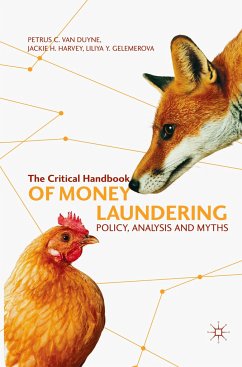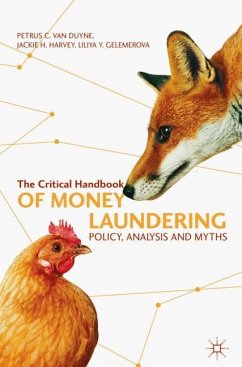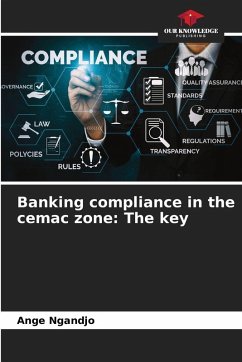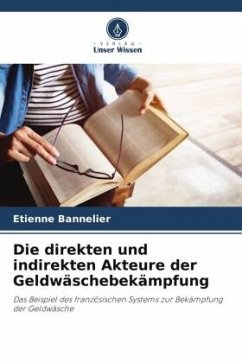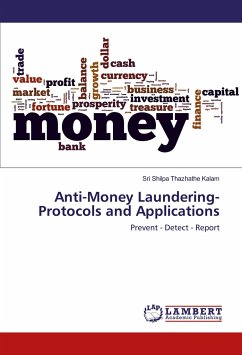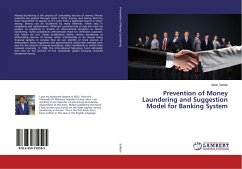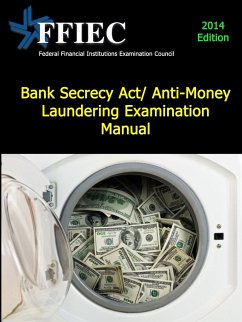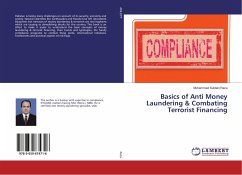
Direct and indirect players in the fight against money laundering
The example of the French system for combating money laundering
Versandkostenfrei!
Versandfertig in 6-10 Tagen
18,99 €
inkl. MwSt.

PAYBACK Punkte
9 °P sammeln!
For many years, criminal organisations competed in ingenuity in devising ever more complex schemes to conceal the proceeds of their illicit activities. Faced with the scale of the networks thus created, and fearing that they might lead to the establishment of a real counter-power, it was decided that international cooperation was necessary. It was in this context that we saw the emergence of supranational bodies specialising in the fight against money laundering, and more recently against the financing of terrorism, which enabled various international standards to be drawn up after a colossal ...
For many years, criminal organisations competed in ingenuity in devising ever more complex schemes to conceal the proceeds of their illicit activities. Faced with the scale of the networks thus created, and fearing that they might lead to the establishment of a real counter-power, it was decided that international cooperation was necessary. It was in this context that we saw the emergence of supranational bodies specialising in the fight against money laundering, and more recently against the financing of terrorism, which enabled various international standards to be drawn up after a colossal amount of work. What was the process that led to the establishment of this kind of fight? By what means was it established? And finally, how is this fight effectively applied? These are just some of the questions that will be addressed in the course of this study, with a view to obtaining a more comprehensive view of the current challenges in the fight against money laundering, and a clearerunderstanding of the day-to-day implications for the professionals who are subject to it.





